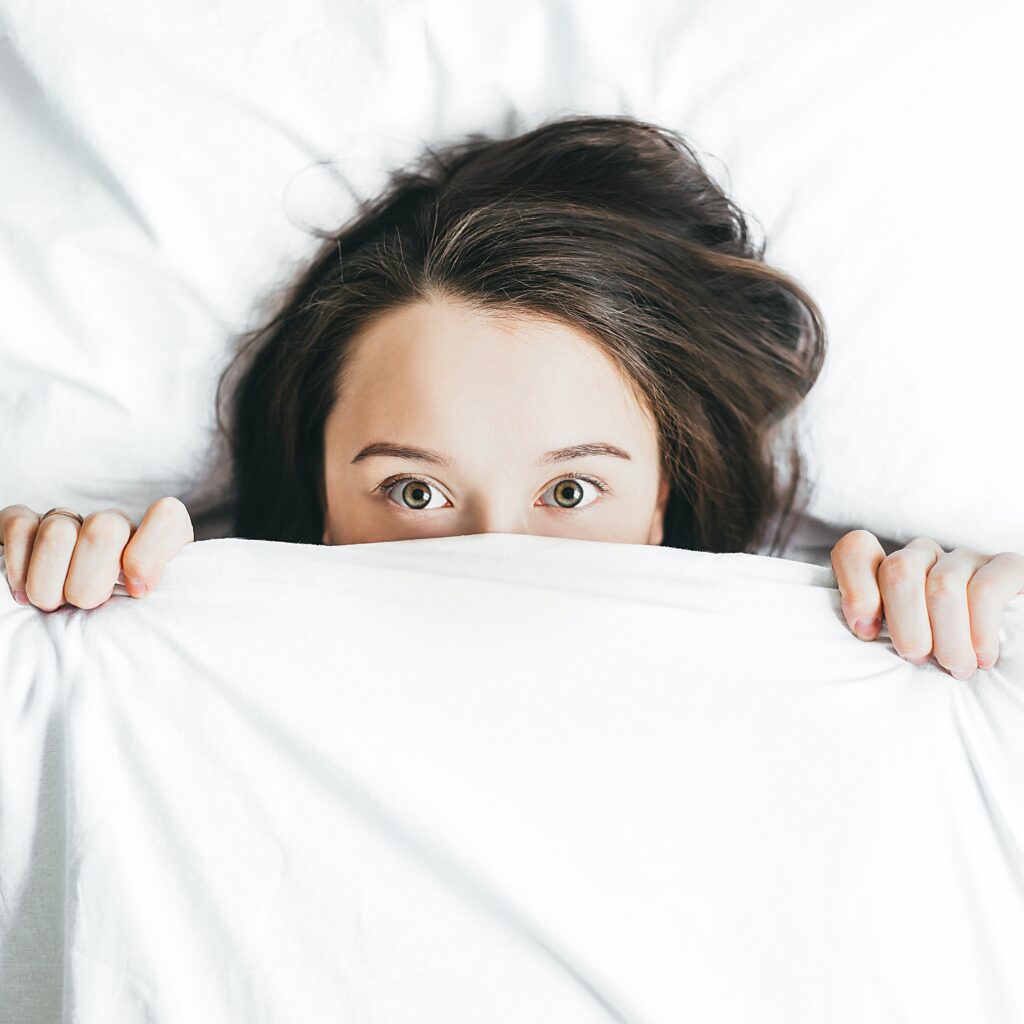
Sleep is so easy a baby can do it, yet a billion-dollar industry exists, revolving around sleep aids for adults who find it elusive. Ways to induce sleep come in all forms: vitamins, Ambien, apps, recorded meditation tracts. Our society is willing to lay out a lot of cash to gain a good night’s sleep. But is all this necessary?
Why Do We Need Sleep?
In some instances, certainly. Study after study shows that getting enough rest is essential. Sleep boosts our immune system, is crucial in maintaining a healthy weight, and is linked to reducing the risk of Alzheimer’s disease.
Both our bodies and our brains need sleep. Our body follows certain rhythms based on the circadian clock in our bodies. In truth, we have several circadian clocks throughout our bodies, in tissues and major organs, but the main clock in our brain keeps all of the other clocks in sync. These rhythms tell us when to eat and sleep; they help regulate body temperature and a host of other functions. They are triggered by daylight or darkness and can easily be “fooled” by bright lights from computer screens, or drugs like caffeine. External influences like these can cause us to ignore our natural instincts for rest.
How to Sleep Better
Your best bet to healthy sleep habits is to limit external sources that confuse our circadian rhythms. Common sense ideas like no caffeine after a certain time of day (or at all) can help, as can a regular bedtime routine. Sleep doctors suggest forming a habit of going to bed earlier (as opposed to sleeping later) to get better quality of sleep. There are ways of encouraging sleep, such as the one mentioned by Jim Donovan in this YouTube video. Donovan, a drummer, began to notice the effect of rhythmic patterns on inducing sleep. He stresses that good sleep takes discipline and purposeful practice. It is easy to become anxious when you are unable to sleep. Resisting the temptation to get overly anxious and searching for ways to naturally relax and tune in to your body’s rhythms may help you fall asleep.
Granted, these natural methods of sleep will not work for everyone, especially if you are dealing with a sleep disorder. Certainly, consult a doctor if you are unable to sleep, especially in situations that involve disorders like apnea (moments where breathing stops while sleeping) or extreme anxiety. But before reaching for a medicinal solution, or an expensive gadget reported to make you sleep more, try a variety of the least invasive ideas. Give them several weeks to work, and most importantly, try not to get panicked over loss of sleep. Lots of solutions exist. Finding the one that works best for you may take some time.






